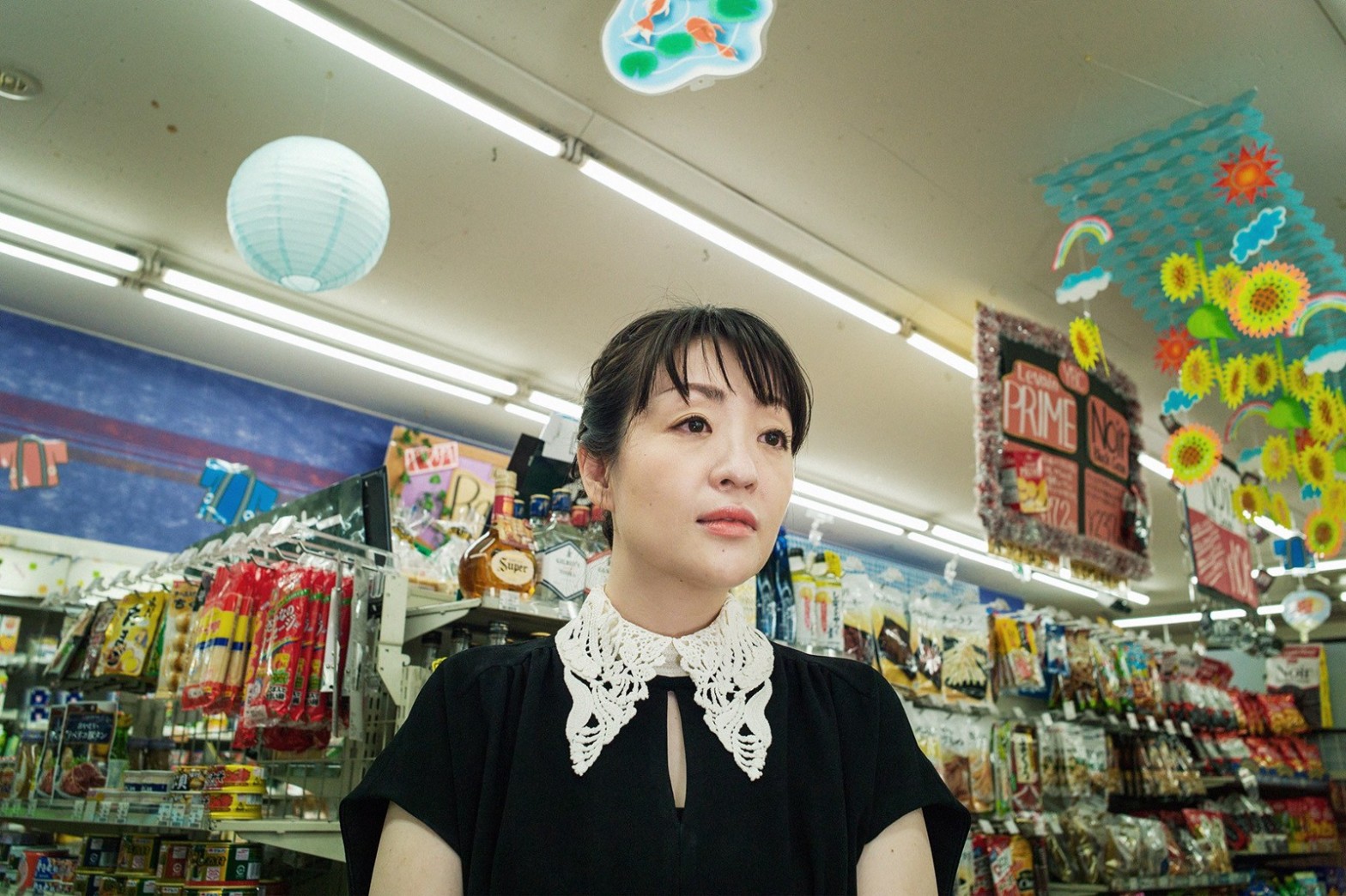Lançado em 2016 no Japão, o livro da escritora Sayaka Murata, com o título no Brasil de Querida Konbini, ganhou um dos mais prestigiados prêmios de literatura japonesa, o prêmio Akutagawa. Mesmo depois de ganhar o prêmio, a autora continuou trabalhando em uma konbini, uma loja de conveniência. E qual é o problema nisso?
O livro questiona o que é normal na sociedade. Seja no Japão ou no Brasil, existem expectativas de como a vida de uma pessoa será: escola, trabalho, casamento, filhos. Assim como não existe espaço para algo diferente no Japão, no resto do mundo também, há um limite do que é suportado de diferente. E na maior parte das vezes, o mesmo roteiro é insistentemente cobrado de todos.
Já casou? Tem filhos? Onde mora? Onde trabalha? Quem você é, tudo o que você é são as coisas que te representam para os outros. A família, o trabalho. O quanto isso pode realmente dizer de alguém?
Essa aparência de normalidade é o que a personagem principal do livro, Keiko, busca na vida, para não ser incomodada. Ela não quer as coisas que as outras pessoas querem para ela, mas finge para que não haja insistências, perguntas, já que ela é uma pessoa muito diferente.
O livro, apesar das grandes críticas e questionamentos que propõe, é uma leitura fácil e agradável. O livro é curto (148 páginas), engraçado e intrigante. A narrativa em primeira pessoa permite uma grande identificação com a personagem principal, e cada vez mais desgosto pela sociedade da qual, na realidade, todos faz parte. Uma sociedade que ora oprime, ora sufoca.
No final das contas, os instintos naturais são controlados por leis e regras morais criadas pela sociedade. Em entrevista em Nova Iorque, a autora diz que gosta de ver os seres humanos como animais, e que ela imagina que outros animais devem nos achar estranhos, com os costumes que criamos vivendo em sociedade. Além disso, ela comenta que ela também tentaria ‘salvar’ a personagem da sua situação, tentaria ajudá-la, e questiona se seria certo fazê-lo, contra a sua vontade.
Então Sayaka Murata, que trabalhou em uma loja de conveniências japonesa por quase 20 anos, continuou trabalhando depois do seu bem-sucedido livro. Por quê? Ela diz, na mesma entrevista, que é um bom lugar para observar pessoas, e que o horário de trabalho a permitiu criar uma rotina de escrita: escrever de manhã, trabalhar à tarde. Mas talvez não seja mesmo da conta de ninguém, afinal.

The book Convenience Store Woman, released in 2016 in Japan by writer Sayaka Murata, has won one of the most prestigious awards in Japanese literature, the Akutagawa Prize. Even after winning the prize, the writer kept working in a convenience store. And what’s the problem with that?
The book questions what is normal in society. In Japan or in Brazil, there are expectations of how someone’s life will be: school, work, marriage, and children. Just as there is no space for something different in Japan, in the rest of the world as well, there is a limit of what can be different. And most times, the same script is insistently forced on everyone.
Have you married? Do you have children? Where do you live? Where do you work? Who you are, all you are is the things that represent you to others. Family, work. How much can that really say about someone?
This appearance of normality is what the main character in the book, Keiko, looks for so that she won’t be disturbed by others. She doesn’t want the things other people want for her, but pretends in order to avoid insistence and questions, since she is a very different person.
The book, although it has big critics and questionings, is an easy and pleasant read. It’s short (148 pages, in Portuguese), funny and intriguing. The first person narrative allows a great identification with the main character, and more and more despise for the society in which, in reality, we are a part of. A society that at times oppresses, at times suffocates.
In the end, natural instincts are controlled by laws and moral rules created by society. In an interview in New York, the author says she likes to see human beings as animals, and that she imagines other animals must find us weird, with the habits we created in society. Furthermore, she comments that she would also try to ‘save’ the character from her situation, would try to help her, and questions if it would be right to do so, against her will.
So Sayaka Murata, who worked in a convenience store for almost 20 years, kept working after her successful book. Why? She says, in the same interview, that it’s a good place to observe people, and that the work hour has allowed her to create a writing routine: writing in the morning, working in the afternoon. But maybe that really is nobody’s business, after all.


